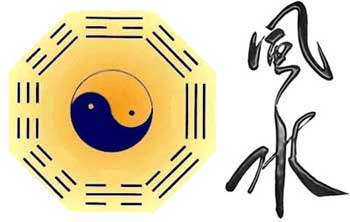Source: CRI
12-25-2006 18:12
 |
Feng shui has been widely used in architecture, but some people dismiss it as an over-rated exercise in mysticism. A Shanghai committee is preparing to apply to have feng shui included on UNESCO's world intangible heritage list, claiming the art is based on science. Wang Jing/Michael takes a look at the controversy surrounding the proposal.
An editorial from Guangming Observatory says feng shui is based on superstition. One theory representative of feng shui says that mirrors are a cure and enhancer if hung on a door. The editorial says feng shui has nothing to do with cultural heritage, rather, it is the draff passed down from thousands of years ago.
A Jiefang Daily editorial analogizes feng shui with ancient attempts at making a pill for immortality. It says the ancient pill-making technique had some truth in chemistry, still it has been widely deserted. Likewise, feng shui is in part scientific, but cannot be confined to science.
A Rednet opinion says what's more urgent is defining what feng shui really is, rather than applying to have it listed as a world cultural heritage.
The opinion says feng shui is an ancient philosophy about nature and has tremendous influence in China. There must be some reason behind it or else it could not have survived several thousands of years.
Scholars need to work on providing proof as to which parts of feng shui theory are correct and should be inherited.
An opinion from the Nanjing-based website Sofun says feng shui is starting to get a bad reputation largely because of unqualified people working in the profession.
It dismisses the claim that feng shui is not science, saying that science itself is in the process of developing. Practice is the only criterion.
Editor:Liu Fang
